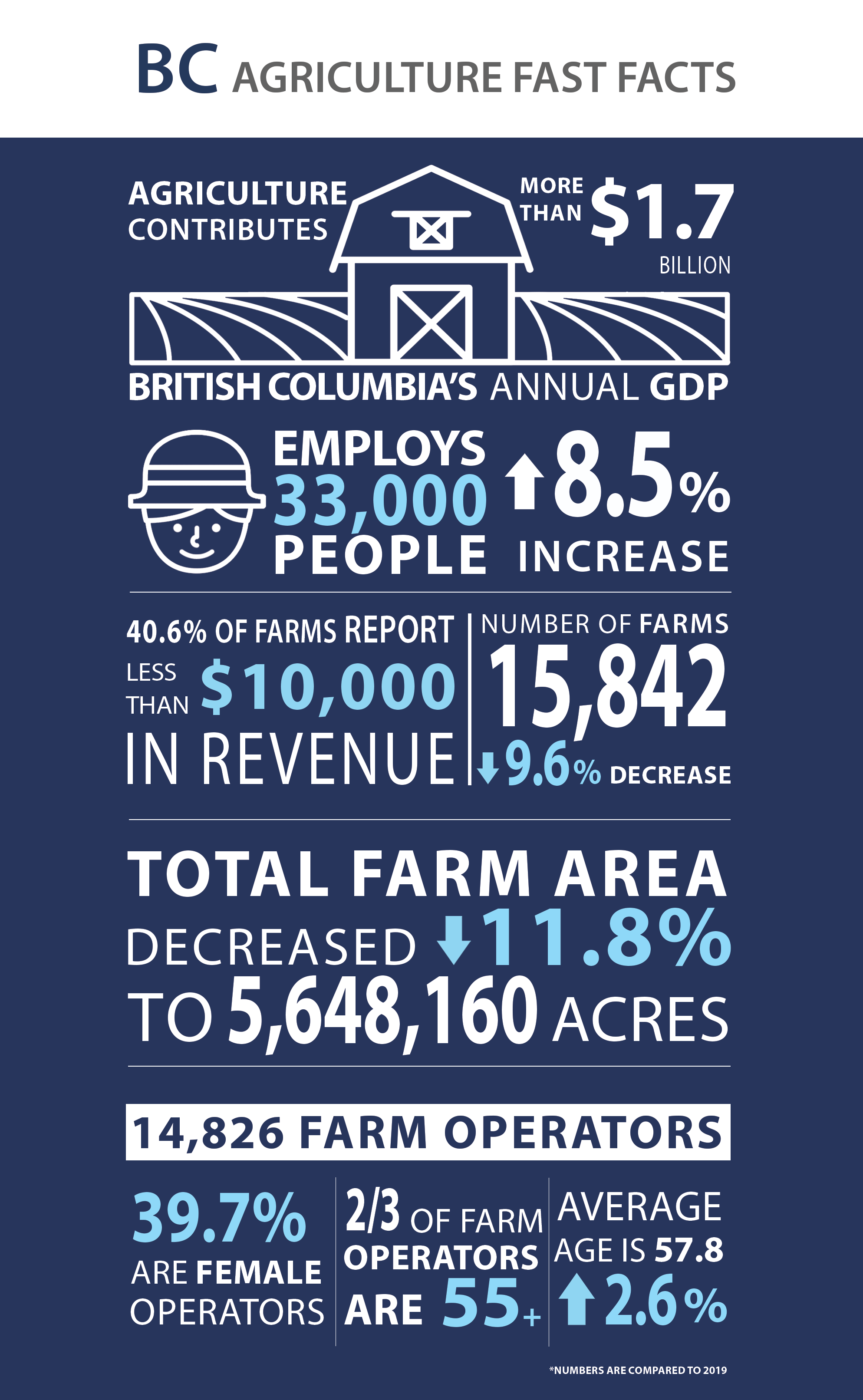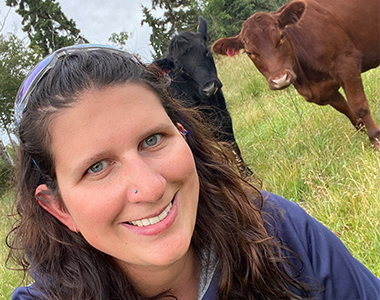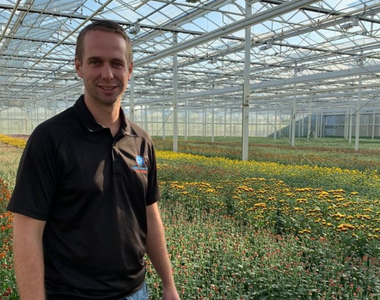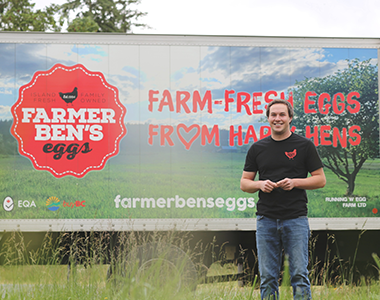BC Agriculture Council (BCAC) is the lead industry advocate for key sector-wide priorities in British Columbia.
ABOUT US
BC Agriculture Council (BCAC) is the lead industry advocate for key sector-wide priorities in British Columbia.
Our mission is to grow a strong, sustainable and competitive agriculture sector through building industry consensus and advancing public policy. We deliver a unified voice for the sector to government through our 29 member farm associations, representing over 20,000 farming families and approximately 96% of provincial farm gate sales in B.C.
Our Members:
BC Farmer ID Card
The only recognized card for PST exemptions – acquire now!
BCAC Employee Benefits Program
A plan that truly supports you and your farm business.
Western Agriculture Labour Initiative (WALI)
Assisting B.C. employers to address labour gaps.
SECTOR PRIORITIES
BC Agriculture Council is the lead industry advocate for key sector-wide priorities in British Columbia.
Water is the cornerstone to agriculture. B.C. farmers and ranchers recognize the importance of protecting this precious resource and ensuring a safe, reliable water source for our food system.
Download BCAC’s position on water management and security.
The cost of production remains a critical focus for ensuring the financial sustainability of B.C.’s farms and ranches. Rising input costs, labour challenges, and policy-driven expenses are placing increased pressure on producers.
Download BCAC’s position paper on farm business.
Business Risk Management (BRM) programs are a critical tool for helping B.C. farmers and ranchers manage the growing risks associated with extreme weather, market volatility, and rising input costs. These federal-provincial programs — including AgriStability, AgriInvest, AgriInsurance, and AgriRecovery initiatives — are designed to provide a financial safety net to farmers during times of crisis.
Access to labour is essential for food security and the success of the Canadian agriculture sector. BCAC supports the use of foreign workers only when there are no Canadians willing or available to do the work. It is vital that all workers operate in a safe and rewarding environment and that their rights are respected and promoted.
Download BCAC’s position paper on access to labour.
Ensuring farmland sustainability is crucial. Agriculture is vulnerable to changes in climate conditions and even small shifts can have significant consequences for food production, the livelihoods of farmers, and the future of the agri-food sector in B.C.
Download BCAC’s position paper on environment and climate change.
RECENT NEWS

















































